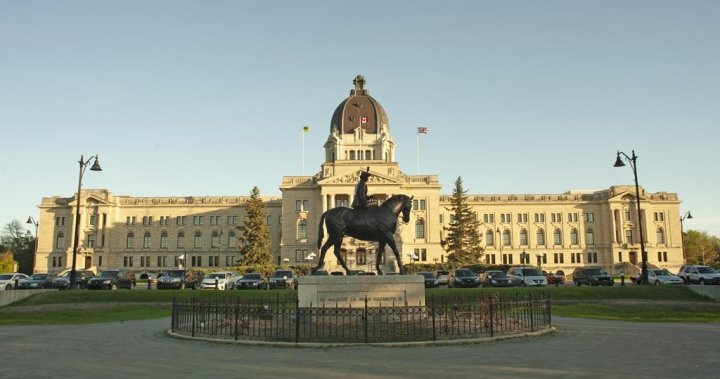Many Saskatchewan residents are facing the high cost of living, despite seeing better prices on many items. Saskatchewan’s Consumer Price Index (CPI) rose by one per cent in April 2024 over April 2023, marking the second-lowest increase among the provinces and sitting below the national average of 2.7 percent. The provincial government attributed this lower increase to scrapping the federal carbon tax, stating that removing the carbon tax from home heating is helping tackle inflation and standing up against policies that hurt the province. The CPI measures changes in the price of goods and services over time, indicating inflation and assessing changes to the cost of living, which affects an individual’s ability to buy goods and services.
Economics professor Jason Childs explained that an increase in CPI means things have become more expensive. With only a one per cent CPI increase in Saskatchewan over the last year, residents are seeing the value of their money decline at a slower rate than the rest of the country. Childs noted that there is still pressure to receive pay increases, but it is happening at a slower rate in Saskatchewan than in other parts of the country. Depending on individuals’ circumstances, the one per cent increase could be considered a big or small deal. Some, like Regina resident Ewen McCormick, find Saskatchewan’s cost of living much more affordable, especially compared to more expensive cities like Vancouver. However, local businesses, such as Rebellion Brewing Company, are feeling the pinch due to the high cost of operating and struggling profitability.
One of the key issues contributing to the cost of living challenges in Saskatchewan is the lack of wage increases. Childs explained that if wages are growing at less than one per cent, residents are falling behind, but if they are growing by more than one percent, they are getting ahead. This disparity between wage growth and CPI increase can impact the overall affordability of living in Saskatchewan. While the province’s lower CPI increase compared to the national average may provide some relief to residents, the overall economic conditions, including wage growth, play a significant role in determining the actual impact on individuals and businesses.
The affordability of living in Saskatchewan is influenced by various factors, including the cost of goods and services, wage growth, and government policies such as the carbon tax. The decision to scrap the carbon tax on home heating in Saskatchewan has been praised for helping to tackle inflation and support residents facing high costs of living. However, businesses like Rebellion Brewing Company continue to struggle with the high cost of operating and profitability. Residents, like McCormick, who have relocated to Saskatchewan from more expensive cities, may find the cost of living more affordable, but local businesses may face challenges in maintaining profitability amidst rising costs.
In conclusion, the one per cent increase in Saskatchewan’s CPI indicates a slower rate of decline in the value of money compared to the rest of the country. While this may offer some relief to residents, the impact on individuals and businesses varies depending on factors such as wage growth and operational costs. The affordability of living in Saskatchewan remains a complex issue influenced by multiple economic factors, and ongoing efforts to address the cost of living challenges are necessary to ensure the well-being of residents and businesses in the province.













